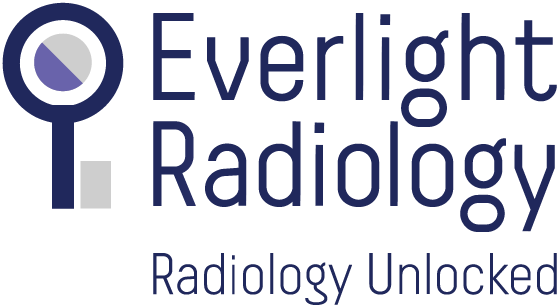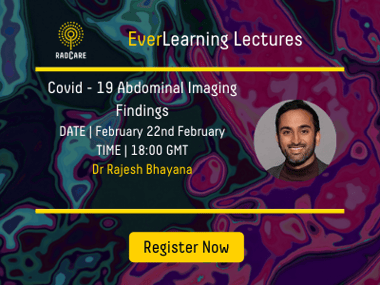I read with interest last week’s MDU survey, which found that 1 in 4 NHS doctors are tired to the point of impairment. The UK's leading medical defence organisation surveyed over 500 of its doctor members, including many Radiologists. 26% said tiredness had affected their ability to safely care for patients, including almost 40 near misses and 7 cases in which a patient was harmed. In addition, 6 in 10 respondents said their sleep patterns had worsened during the pandemic.
Although there have been many studies around the effects of tiredness on clinical performance, this one raises the critical importance of sleep for both healthcare staff and patient care in these times of intense and sustained pressure. Within Radiology specifically, we are acutely aware of the pandemic’s impact on understaffed and overstretched departments. Back in April, the Royal College of Radiologists ‘Care is not just for the patient’ report, highlighted the impact of stress and overwork on radiologists’ quality of life. It warned that workplace stress was impeding communications between colleagues and patients, and ultimately affecting patient safety and experience.
As a trusted partner to over 300 hospitals and clinics, at Everlight we know how burnout can impact both individual Radiologists and the hospitals they work for. We also know that teleradiology is a well-established source of support for Radiology departments and can help them safeguard their staff’s wellbeing. Most UK teleradiology providers recruit NHS Radiologists to cover their overnight work. These Radiologists are within the UK, typically working from home, to cover the all-important overnight, after-hours, urgent shift. We believe this practice risks eroding wellbeing with NHS Radiology, especially if NHS consultants return to their substantive roles overtired and carrying the stress and strain of night-time working.
There is also an increased risk of reporting errors. Research into the effect of shift work on Radiologists’ accuracy levels, shows that overnight working decreased Radiologists’ reading accuracy rates. Radiology colleagues have also shared that reporting accuracy is lower during the last hours of the shift compared to daytime reporting.
At Everlight we advocate for, and practice, a ‘Follow the Sun’ teleradiology model. Our NHS experienced consultant Radiologists are recruited from, or relocated to, different time zones. This enables them to report for UK ‘overnight’ shifts during their normal waking hours. Because Everlight’s overseas-based Radiologists never work overnight, they’re refreshed and rested, and this reduces the potential for fatigue-related diagnostic errors.
To ensure we always deliver high quality patient care, the Radiologists who work with our NHS clients are on the GMC specialist register and typically have a minimum of two years’ experience as an NHS Consultant Radiologist. Many are on fixed-term sabbaticals, taking a welcome opportunity to escape the stresses of overwork and anti-social hours.
We know these issues have a potential knock-on effect on medical staff wellbeing and patient care. That’s why we believe following the sun is the future of overnight hospital care. Our teleradiologists have a superior work-life balance, improved wellbeing, and career longevity.
Saving lives is at the heart of what we do, which is why we work hard to deliver an altogether different approach to radiology reporting. Without this focus on teleradiologists working within normal waking hours, issues of overwork and sleep disturbance will remain. It’s not the radiologists’ capability, work ethic, or sense of duty that is lacking, but rather a suitable work environment within which they can flourish. Reducing the industry’s reliance on overnight shifts, whether in-house or within teleradiology, will help reduce the stresses on departments, safeguarding both clinician wellbeing and the quality of patient care.
Find out how you can refocus your career with our follow the sun model here.


